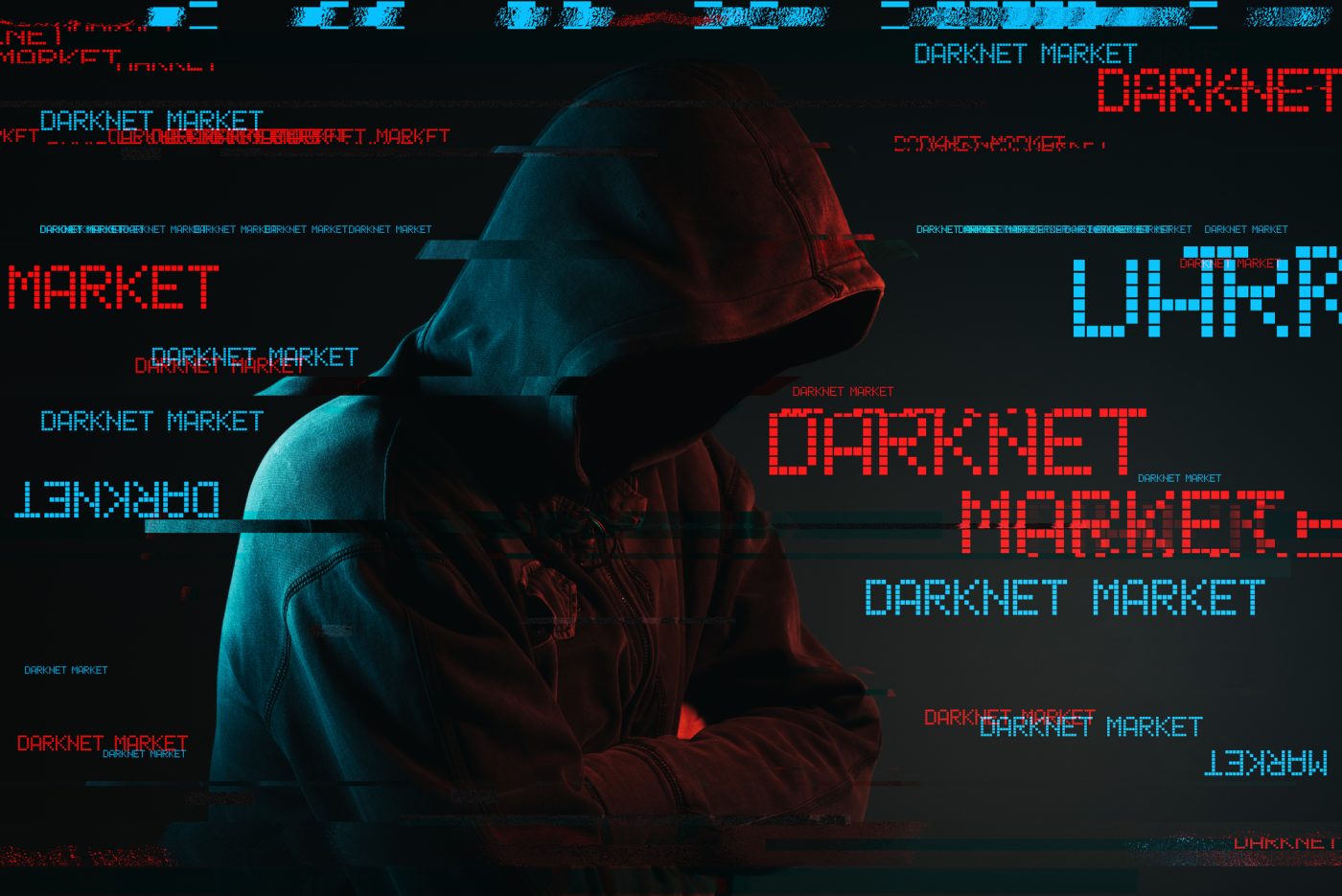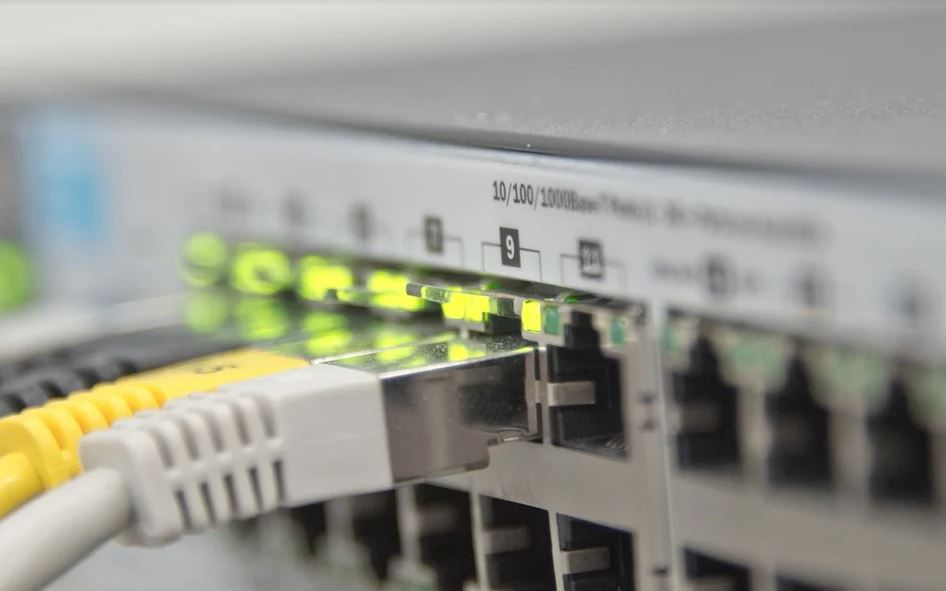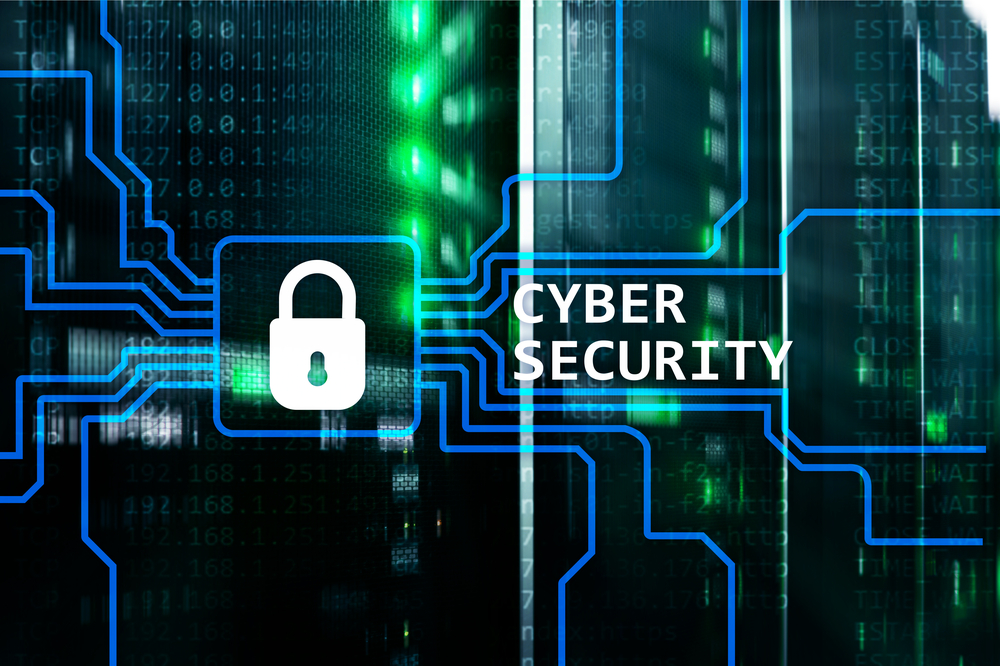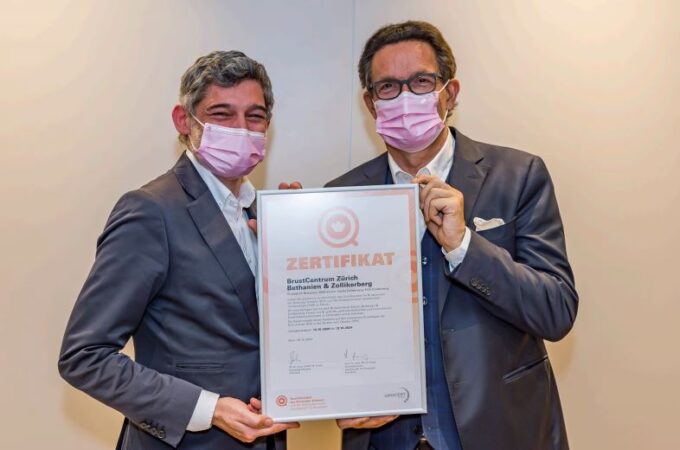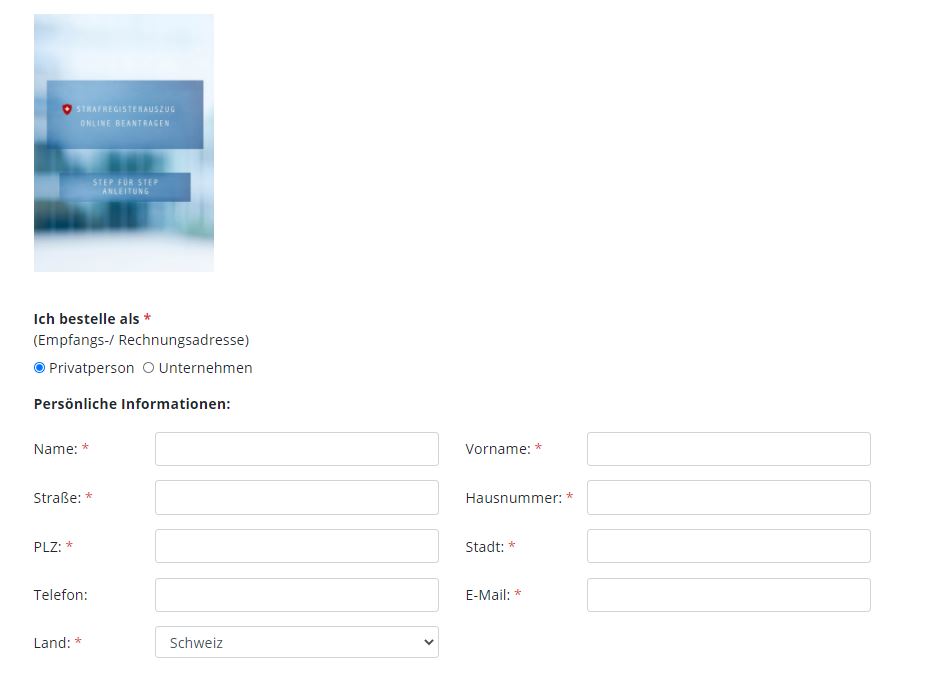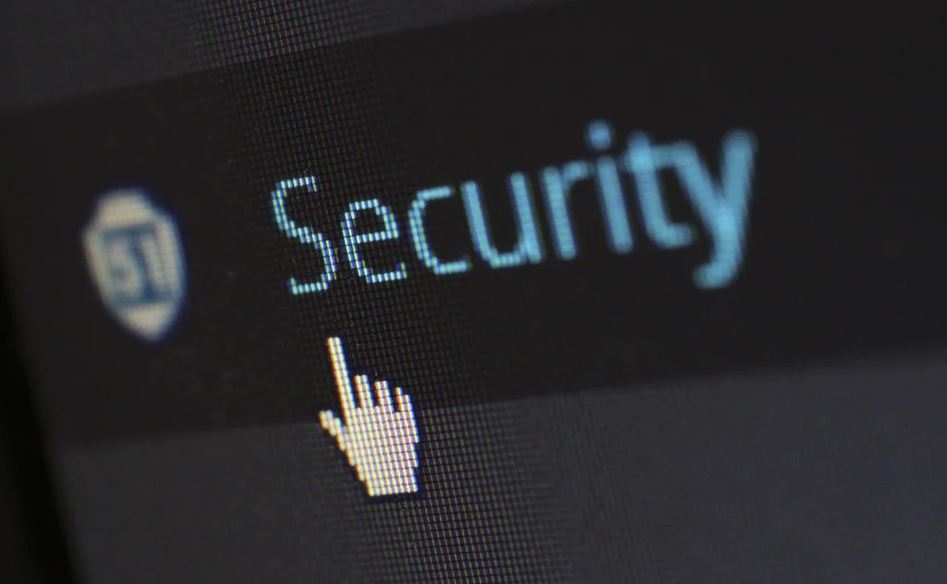Operation Nova: Large server of cybercriminals out of service
In cooperation with numerous international security agencies, a network of cyber criminals was taken out of action on Monday. Behind "Operation Nova" is a cooperation of numerous international security agencies.
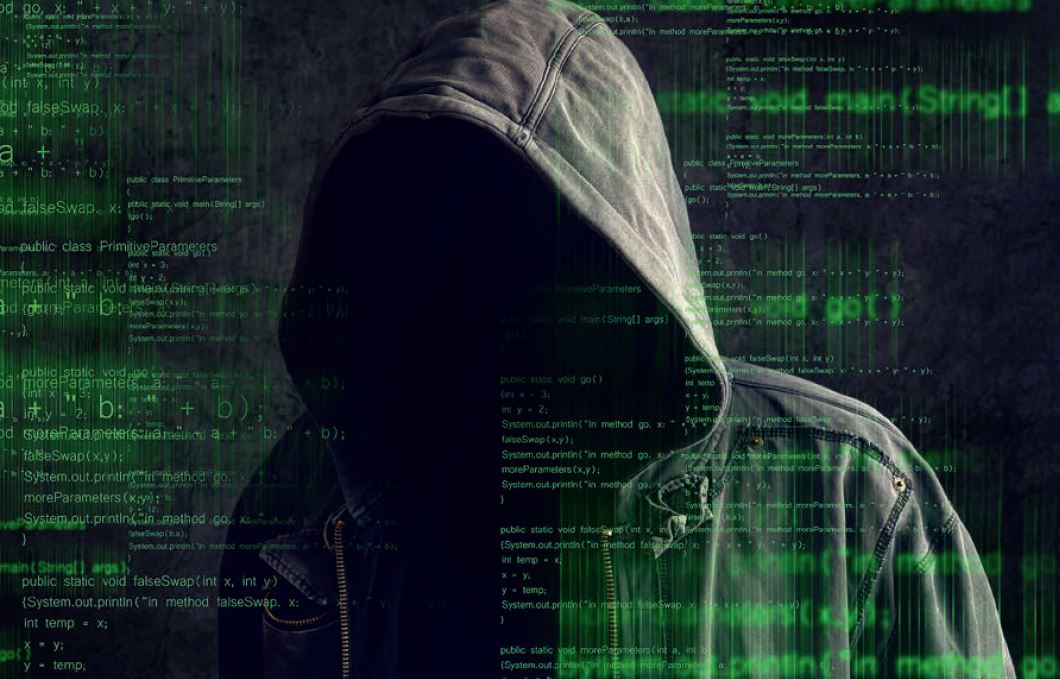
Law enforcement officials from Europe and the US have struck a major blow against cybercriminals. Around 50 servers in Germany, the Netherlands, Switzerland, France and the USA were taken out of service on Monday by several criminal investigators. On Monday, investigators managed to put the "Safe-Inet" service out of operation. According to "Heise", a VPN service was running over it to disguise IP addresses. The cybercriminals' "favorite VPN," as Europol calls it, included up to five layers of anonymization. The world's biggest cybercriminals used the service to carry out various extortion attempts via ransomware or to access payment information via web skimming, for example.
As part of the Multidisciplinary Platform Against Criminal Threats (Empact) operation, investigators also seized users' data and accounts. The evaluation so far revealed some indications of cyberattacks that had already been going on for some time. A total of 250 of the companies that would have been targeted by the perpetrators could already be identified and warned. According to the "Aargauer Zeitung", in addition to the FBI and Europol, the Aargau cantonal police were also involved. The evaluation and identification will still take time.
Source: Heise








